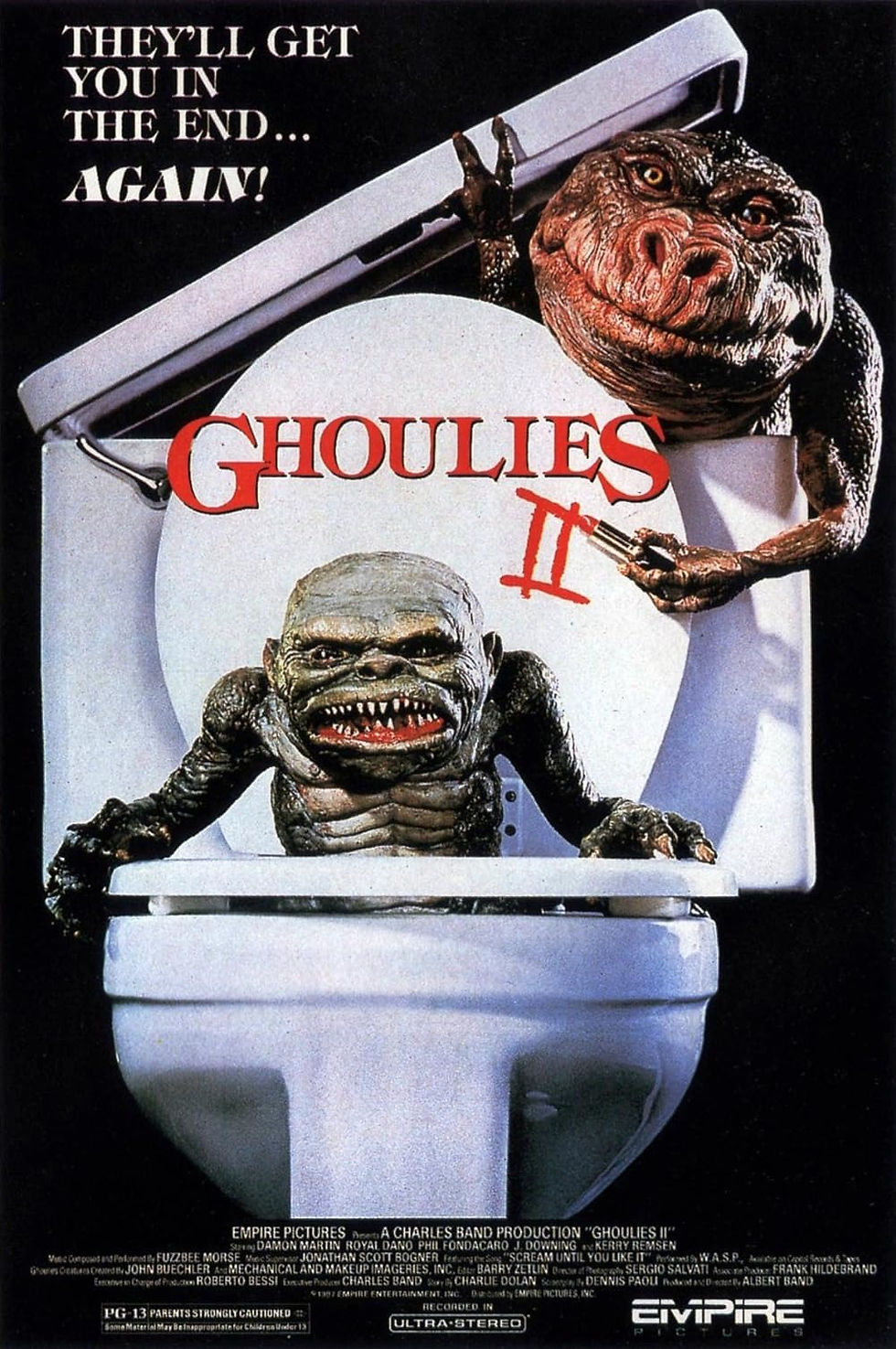Poltergeist III (1988) - When High-Rises Harbor Dark Spirits
- Allan Major

- Sep 16, 2024
- 3 min read

The Freeling saga takes an unexpected turn in "Poltergeist III," trading suburban sprawl for urban vertigo. Released in 1988, this third installment proves that even the concrete jungle of Chicago can't escape the ethereal clutches of the Other Side. Buckle up, horror hounds - we're about to take a funhouse mirror ride through a glass-and-steel nightmare.
Skyscraper Scares
Director Gary Sherman shifts gears dramatically, transplanting young Carol Anne (Heather O'Rourke) to a Chicago high-rise with her aunt Pat (Nancy Allen) and uncle Bruce (Tom Skerritt). The John Hancock Center becomes our new haunted house, its reflective surfaces and labyrinthine corridors providing a sleek, modern backdrop for supernatural shenanigans.
Mirrors, Mirrors Everywhere
If there's one thing "Poltergeist III" will be remembered for, it's its obsession with reflections. Sherman turns every shiny surface into a potential portal, creating a disorienting funhouse effect that keeps viewers constantly on edge. It's a clever evolution of the franchise's visual language, trading in televisions for an entire building of glass and chrome.

The Return of Reverend Kane
Julian Beck's chilling Reverend Kane returns, this time portrayed by Nathan Davis due to Beck's untimely passing. While Davis doesn't quite capture the bone-chilling intensity of Beck's performance, the character remains an effective boogeyman, his spectral presence haunting Carol Anne across state lines.
A Cast Caught in the Crossfire
Heather O'Rourke returns as Carol Anne, her cherubic presence anchoring the film amidst the chaos. Nancy Allen and Tom Skerritt do their best with rather thankless roles, while Lara Flynn Boyle makes her film debut as their daughter Donna. The cast gamely throws themselves into the increasingly bizarre proceedings, their commitment selling even the most outlandish moments.
Special Effects: Smoke and Mirrors
The film's practical effects are a mixed bag, but when they work, they're genuinely unsettling. The use of mirror tricks and doubles creates some truly disorienting sequences, while the frozen Chicago landscape provides a unique and eerie backdrop for the supernatural showdown.

A Franchise Haunted by Tragedy
"Poltergeist III" is sadly overshadowed by the tragic death of Heather O'Rourke before the film's release. This real-world loss casts a somber pall over the proceedings, adding an unintentional layer of poignancy to Carol Anne's struggles against the forces of the Other Side.
The Legacy: A Divisive Final Chapter
While often considered the weakest link in the Poltergeist chain, "Poltergeist III" has its defenders. Its urban setting and creative use of reflections set it apart from its predecessors, even if it doesn't quite reach their heights. It's a film that, like its mirrors, reflects the changing face of 80s horror as the decade drew to a close.
Conclusion: Shattered Reflections
"Poltergeist III" may not be the strongest entry in the franchise, but it's far from a mere reflection of past glories. Its urban setting and mirror-centric scares offer a unique twist on the Poltergeist formula, proving that sometimes the most unsettling horrors are the ones we see in our own reflections. So the next time you're in a glass elevator or staring at a foggy bathroom mirror, remember - in the world of Poltergeist, every reflection is a potential gateway to terror.
And that is Poltergeist 3 from 1988 Reviewed. This classic horror film might not be the best of the trilogy but it is still worth a watch in our books.
Stay tuned for more Horror Movie Reviews.


